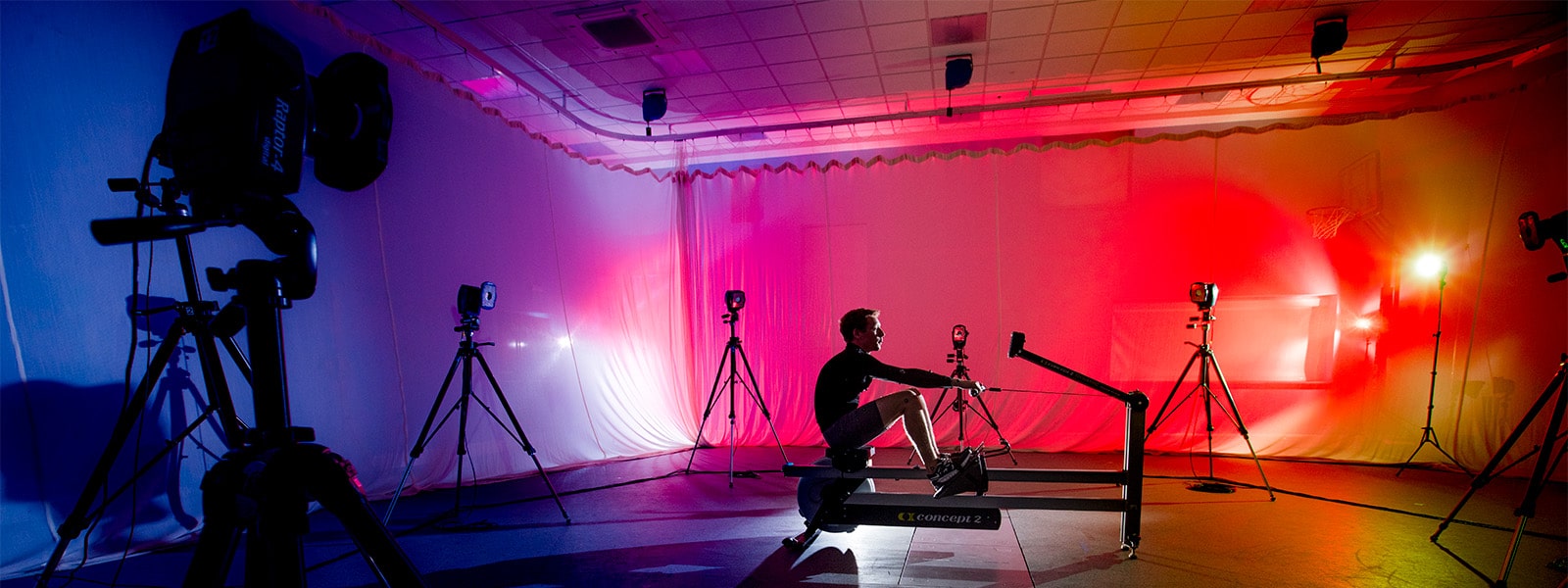/prod01/university-of-lincoln-cdn-pxl/media/responsive2017/collegeofsocialscience/schoolofsportandexercisescience/Health,and,Exercise,Science,header.jpg )
Physiology of Exercise and Sport Performance
Enhancing Psychophysiological Performance In Young People
Our group undertakes research in a number of areas linked to the psychophysiological enhancement of health, exercise, and sport performance in young people. A central theme of our work is to establish the interaction between psychological states and physiological function, particularly within the realm of exercise adherence, maintenance, and enhancement.
Increasing our understanding of the experiences of young people in sport and the physical education (PE) environment allows us to plan, construct, and deliver more relevant, inclusive, and meaningful sport and physical education. This can be used to inform policy and practice to improve the quality of provision and increase the potential for PE and sport to positively impact on children throughout their life.
Group Members
Academic Staff
| Name | Role |
|---|---|
| Dr Mark F Smith | Principal Lecturer |
| Dr Thomas Gee | Lecturer |
| Mrs Mistrelle Ellmore | Senior Lecturer |
| Mr Geoff Middleton | Senior Lecturer |
| Mr Paul Murgatroyd | Senior Lecturer |
Research PGs
| Name | Role |
|---|---|
| Daniel Taylor | PhD Student |
| James McCarron | PhD Student |
Publications
Research Publications
Effect of acute mild dehydration on cognitive-motor performance in golf
Effect of deceptively aggressive bike pacing on sprint-distance triathlon performance
Effects of deceptive running speed on physiology, perceptual responses, and performance during sprint-distance triathlon
Scalar-linear increases in perceived exertion are dissociated from residual physiological responses during sprint-distance triathlon
Effects of residual fatigue on pace regulation during sprint-distance triathlon running
Reliability of performance and associated physiological responses during simulated sprint-distance triathlon
Physiological correlates of simulated sprint-distance triathlon
Reliability of simulated sprint-distance triathlon
Supervised exercise training as an adjunctive therapy for venous leg ulcers: study protocol for a randomised controlled.

